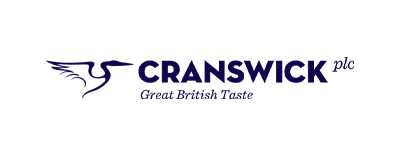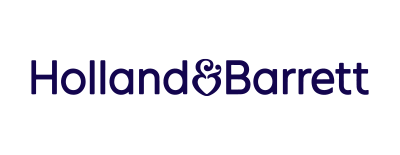Sexual Harassment in the Workplace | complying with the new statutory duty
Despite sexual harassment being unlawful for almost four decades, the #MeToo campaign and subsequent research highlighted that it remains a pervasive issue.
With new legislation on its way, join WorkNest’s Employment Law and HR experts to learn what the new duty means for employers and HR professionals, how to prepare for these changes, and the steps you can take to ensure the safety of your employees. Plus, what are the consequences of falling short of these new obligations?
3 September, 11.00 am - 12.00 pm
What's on the agenda?
According to a poll of more than 1,000 women conducted by the Trades Union Congress, 3 in 5 women have experienced sexual harassment, bullying or verbal abuse at work – rising to almost 2 in 3 women aged 25 to 34.
Unfortunately, most victims don’t report such instances, fearing that they may not be believed or that speaking out may damage their working relationships and career prospects.
In January 2020, the Equality and Human Rights Commission (EHRC) released guidance to help employers address this problem. Shortly after a global pandemic hit and anecdotal evidence suggests that complying with the EHRC’s guidance slipped down the priority list for a lot of organisations. Now, four years on, the government is strengthening its response to sexual harassment by introducing a statutory duty on employers to prevent sexual harassment at work, based on the EHRC’s recommendations. This duty will come into effect on 26 October 2024.
With the implementation date approaching, it is essential that employers understand what the new duty entails and what the guidance says is required in order to properly safeguard employees and avoid potential liability.
In this free 60-minute session, Employment Lawyer and HR Training Manager Lorna Gemmell and Principal Employment Law Adviser and Solicitor Heather Grant will cover:
- Current harassment laws: Get acquainted with the EHRC’s latest guidance. Plus, receive a timely refresher on legal definitions and examples of what is and isn’t considered harassment under the Equality Act.
- New duties for employers and HR: Get a helpful summary of the key elements of the Worker Protection (Amendment of Equality Act 2010) Act 2023 and employers’ new obligations.
- Preparation tips: Learn what steps you can take now to ensure your HR practices are compliant ahead of the new duty coming into effect.
- Reasonable steps: Through a practical example, discover what measures can be put in place by employers and HR professionals to proactively prevent sexual harassment and protect employees.
- Third-party harassment: Discover your obligations when the alleged harasser is a client, supplier or visitor.
- Q&A
Have a question for our experts?
If you have a specific query about this topic that you would like our hosts to answer, submit it when signing up in the form above – we’ll address as many as we can at the end of the session.
Register for free webinar

Training course: Sexual Harassment - Complying with the New Statutory Duty
This intensive half-day training course explores the topics covered in this webinar in greater depth – designed to give those with overall responsibility for ensuring compliance with the new duty the tools they need to take the appropriate action.
Delegates will leave the session armed with practical advice and an action plan of next steps to achieve compliance, create a more inclusive culture, and minimise risk to your organisation.
Next open course date: 8 October 2024
Webinar review
“Having attended a few WorkNest webinars, I am always impressed with the no-nonsense, well-balanced guidance they provide. Their advice gives me confidence to deal with situations that may arise in an appropriate way and the fact that they follow up with answers to all the questions posed during the webinar is an added bonus.”
Mary Greig, Scaled Solutions
Better with WorkNest
Protecting organisations and achieving results
Owing to our unrivalled support and expertise, we’re consistently high achievers when it comes to protecting organisations and achieving results.
3x
More employment lawyers
Across our non-SRA and SRA entities, we have over three times as many qualified employment lawyers than any of our larger competitors, guaranteeing the best possible advice.
4x
Reduced claims risk
Our Employment Law clients are nearly four times less likely to face a Tribunal claim compared to the national average, and almost twice as likely to successfully defend one.
100%
Qualified consultants
All of our Health & Safety specialists are IOSH qualified (or equivalent), mainly Chartered or Graduate, ensuring they possess the skills and expertise to support you effectively.
1,500
Years of experience
Together, our experts have over 1,500 years’ collective experience of supporting organisations with their compliance, so you can be sure you’re in safe hands.
Who we work with
Proud to support over 40,000 UK employers
Our clients range from small businesses with fewer than 50 staff at a single location, through to large household names employing thousands of people at multiple sites across the UK. Whatever your size or sector, we have solutions to suit your needs.























